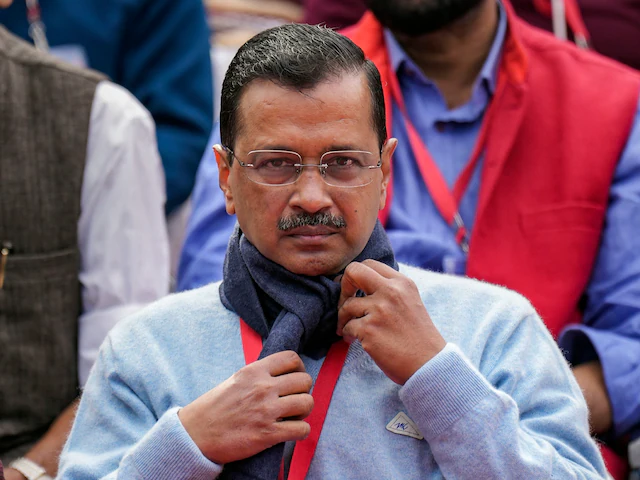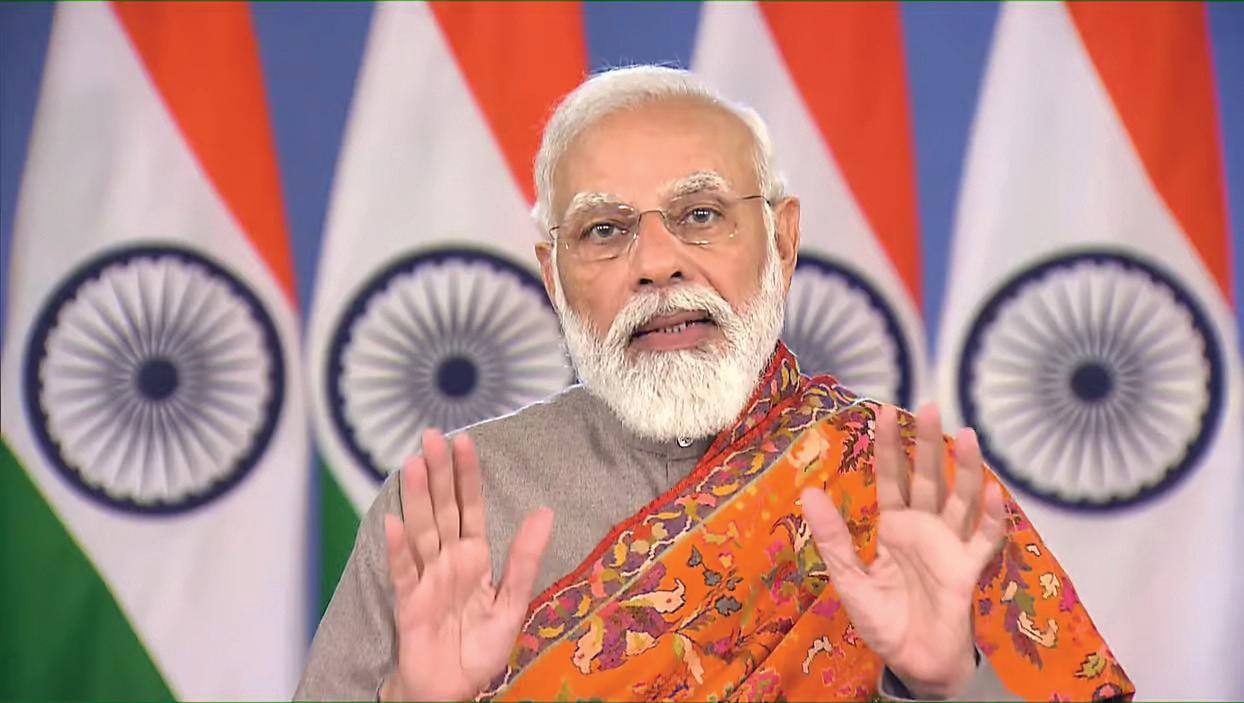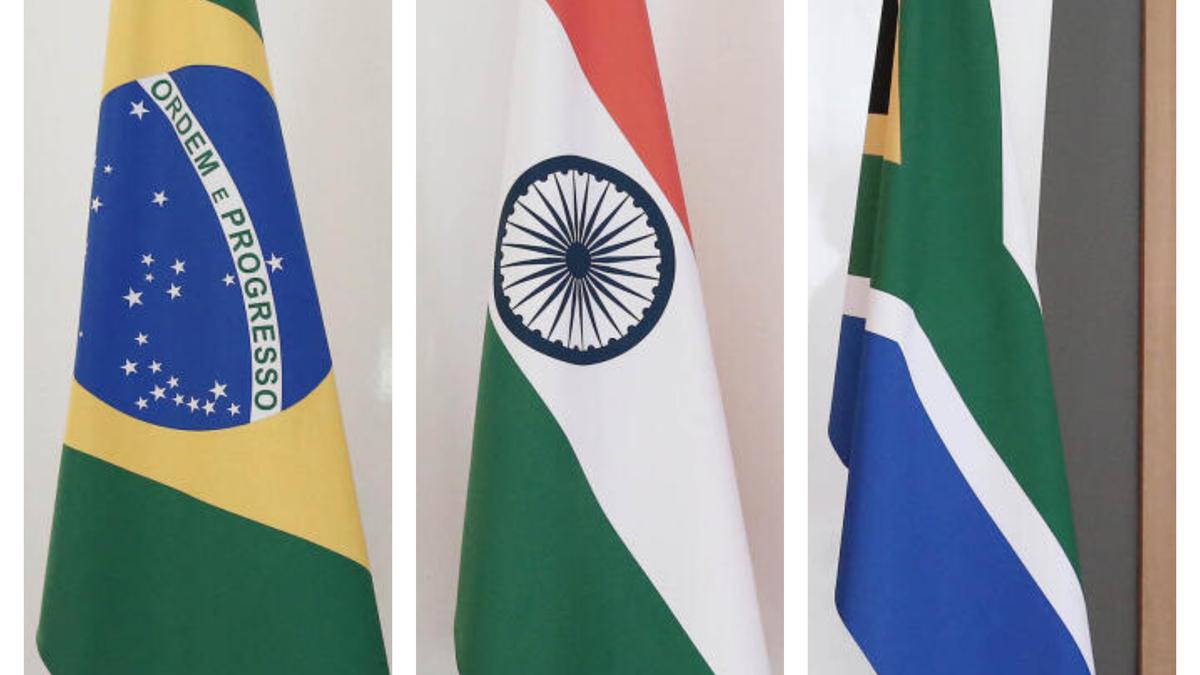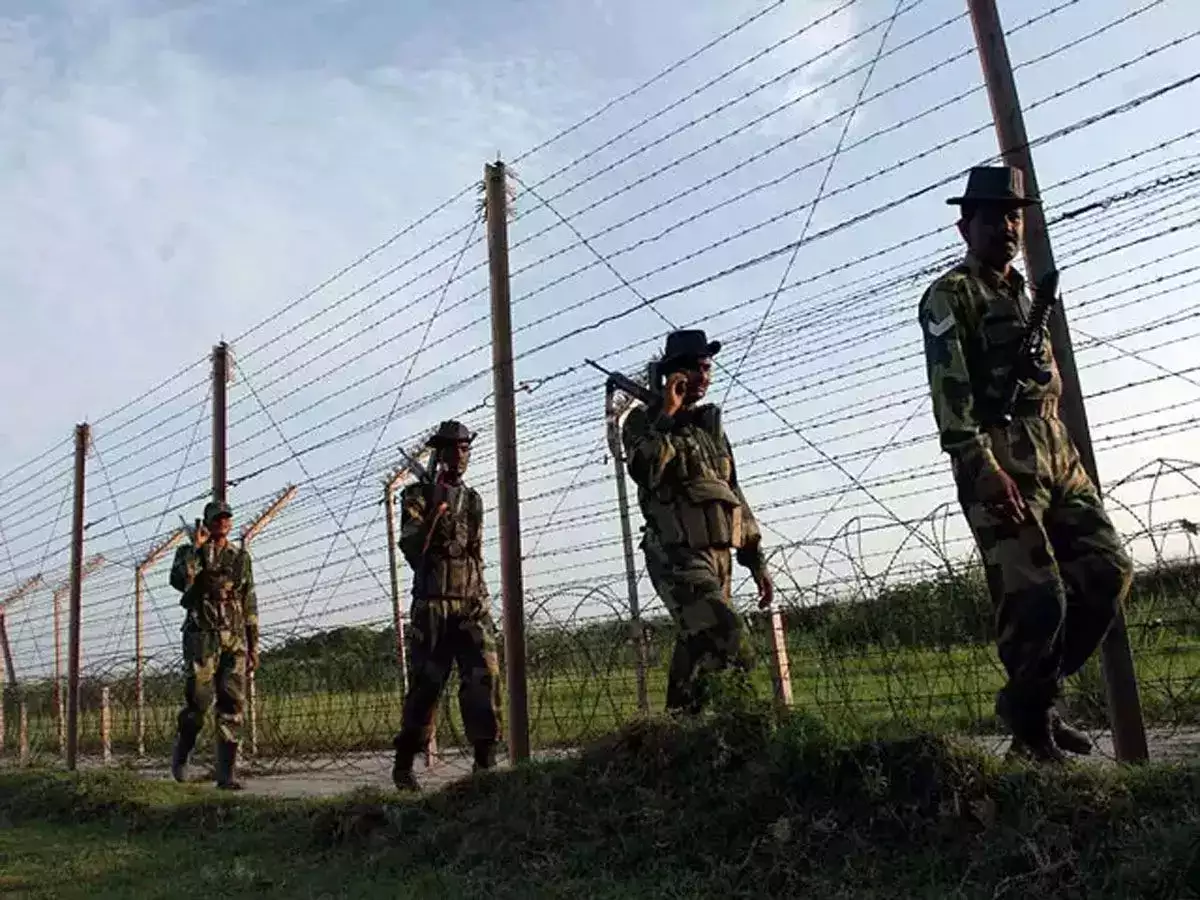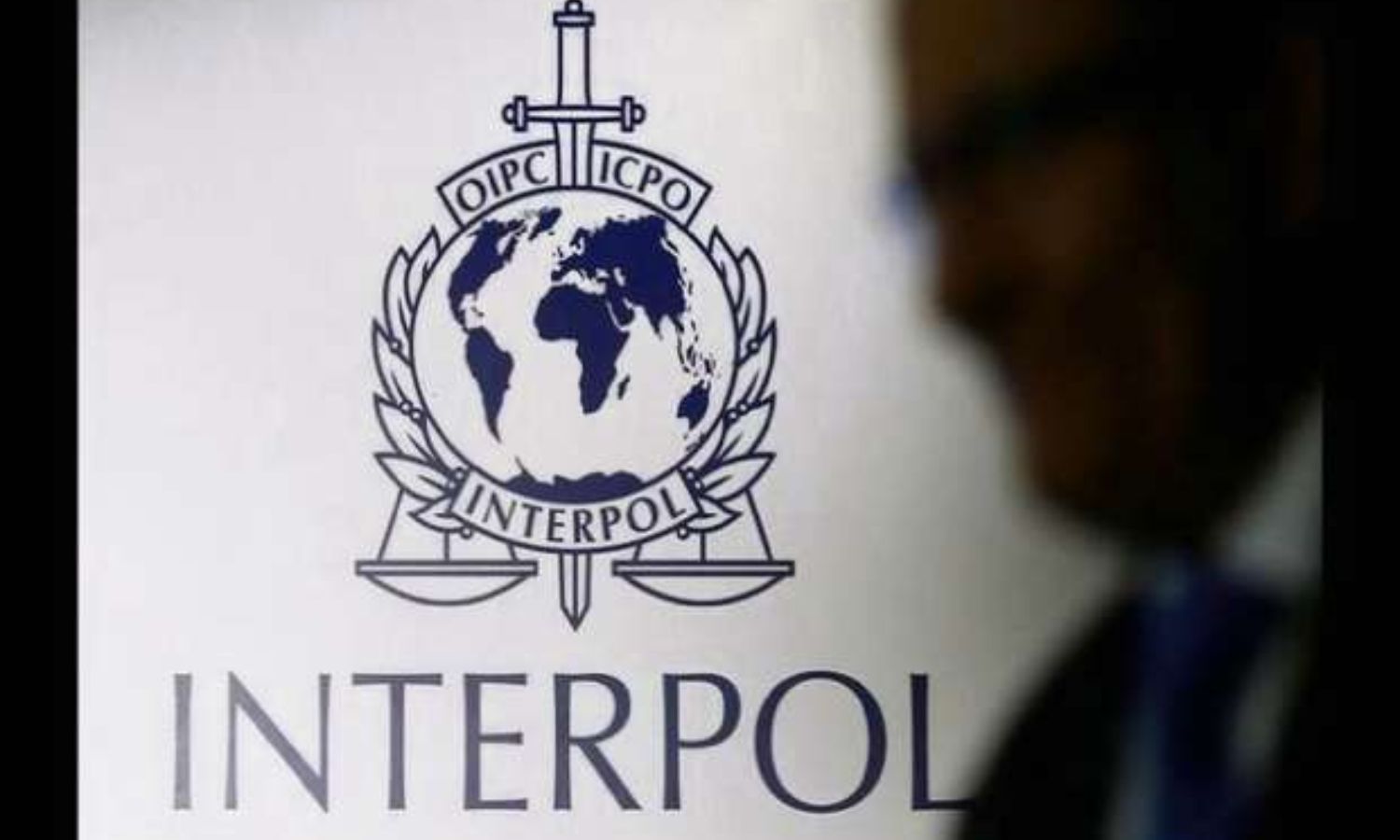While mincing absolutely no words on the shoddy manner in which the investigation is done by the police, the Gwalior Bench of Madhya Pradesh High Court in a recent, remarkable, robust and rational judgment titled Rajveer Singh Jatav Vs State of MP in MCRC-18696-2022 delivered as recently as on April 25, 2022 directed the DGP of the State to send a police officer for a training for not less than six months to learn the law and the manner of investigation. It must be stated here that the Court passed the said directions pursuant to its observations on a regular basis that the police was filing charge-sheet only on the basis of confessional statements made by the accused persons without making any effort to collect any substantive evidence against them. It must be also stated here that there is no harm in making it mandatory for all police officers and so also constables to spend a minimum time of at least six months to learn the intricacies of law because if this is done, it will help the litigants to a great extent in registering their cases along with other works involving police.
Needless to say, time and again we keep hearing also that police refuses to lodge FIR and it is possible to prevent such unpalatable situations by training police more in this direction along with other spheres as directed by the Court. If this is done mandatory for all policemen then there will be no need for Courts to pass such order as we see in this leading case. There is just no harm in training policemen professionally so that they are better placed in learning law and the manner of investigation.
To start with, the single Judge Bench comprising of Justice GS Ahluwalia of Gwalior Bench of Madhya Pradesh High Court first and foremost puts forth in the beginning of this learned judgment that, “Shri Ram Kishor Sharma, Counsel for the applicant. Shri P.P.S. Vajeeta, Counsel for the State. Case Diary is available. This second application under Section 439 of CrPC has been filed for grant of bail. The applicant has been arrested 14.02.2022 in connection with Crime No.494/2012 registered at Police Station – Dehat, Distt. Bhind for offence under Section 392 of IPC, Section 25/27 of Arms Act and Section 11/13 of MPDVPK Act.”
Simply put, the Bench then states that, “It is submitted by Shri Sharma that this is a repeat application for grant of bail. First application of the applicant was dismissed by order dated 08.03.2022 passed in M.Cr.C. No.10793/2022 with an observation that the applicant has been produced after 10 years on execution of production warrant as he was in jail in connection with some other offence and Test Identification Parade has not been conducted and supplementary charge-sheet has also not been filed. It is submitted that now charges have been framed against the applicant. There is no evidence against the applicant except the confessional statement made by the co-accused under Section 27 of the Evidence Act. Accordingly, Shri Vajeeta was directed to explain as to why the Test Identification Parade of the applicant has not been conducted.”
As it turned out, the Bench then discloses that, “It was replied by Shri Vajeeta that although a letter has been written to the Tahsildar, but he has not given any date for holding the Test Identification Parade. On further query, it was pointed out by Shri Vajeeta that the letter has been written yesterday only. Therefore, Shri Vajeeta was directed to explain as to why the police was sleeping over the matter and why they did not try to hold the Test Identification Parade at the earliest in spite of the fact that the first application of the applicant was rejected only on this ground on 08.03.2022, then Shri Vajeeta replied that SHO, Police Station Dehat Kotwali, District Bhind would reply the same. Accordingly, Shri Rambabu Singh Yadav, SHO Dehat Kotwali, District Bhind, who was outside the Court, was called by the State Counsel.”
As we see, the Bench then points out that, “It is submitted by Shri Rambabu Singh that in fact, the applicant was not arrested and he was produced in execution of production warrant and now this matter has come to his cognizance that the Test Identification Parade has not been conducted and, accordingly, on 24.04.2022 a letter has been sent to the Tahsildar, Bhind and Test Identification Parade would be conducted.”
Quite glaringly, the Bench then states that, “Reply given by Shri Rambabu Singh was shocking. He was not ready to understand the implication of his submission that “now the matter has come to his cognizance”. First of all, this Court is unable to understand the meaning of “cognizance” in the language of the Investigating Officer. However, when a specific question was put to Shri Rambabu Singh as to when he came to know about the fact that the applicant is lodged in different jail, then he submitted that on a departmental letter issued by the Director General of Police, State of MP, Bhopal regarding execution of all pending warrants of arrest, a drive has been initiated and only in compliance of said drive, whereabouts of the applicant came to his knowledge and, accordingly, production warrant was issued by the Court. He fairly conceded that issuance of departmental letter by the Director General of Police, is in compliance of the order passed by this Court.”
Nonetheless, the Bench then also observes that, “Be that whatever it may. Since Shri Rambabu Singh Yaddav, SHO is not ready to understand the meaning of production warrant, then he was specifically asked as to whether the production warrant was issued on the application made by the police or by the co-accused, then he fairly conceded that the application for issuance of production warrant was made by the police. He also stated that in the month of December, 2021 he had come to know that the applicant is detained in different jail. Thereafter, again Shri Rambabu Singh was not ready to understand the meaning of production warrant, then again a specific question was put to him as to whether the accused was produced by the police in execution of the production warrant or not, then he fairly conceded that the accused was produced by the police in execution of production warrant. However, he maintained that since the charge-sheet against the applicant under Section 299 of CrPC was filed, therefore, there was no need to file any supplementary charge-sheet. Accordingly, Shri Rambabu Singh was asked with regard to the admissibility of confessional statement made by the accused thereby disclosing the name of the co-accused. With great hesitation, it was submitted by Shri Rambabu Singh that the said information given by the co-accused is not admissible and he fairly conceded that after the arrest or production of the applicant before the Trial Court, further investigation with regard to the identification was necessary, which was not done.”
Most forthrightly, the Bench then minces no words to hold that, “Initially, reply was given by Shri Rambabu Singh that only now it has come to his cognizance that the Test Identification Parade is necessary as the applicant has been arrested. Specific question was put to him that when the applicant had filed an application for grant of bail before the Sessions Court, then whether the case diary was produced before the Trial Court or not, then it was fairly conceded that the police case diary was submitted along with the Kafiyat sent by him. Thus, it is clear that the SHO, Police Station Dehat Kotwali District Bhind was aware of each and everything, but still he was sitting tight over the matter. That shows a lack of legal knowledge as well as lack of efficiency on the part of SHO. This Court is regularly observing that the police is filing the charge-sheet only on the basis of confessional statement made by the accused persons without making any effort to collect any substantive evidence against them. On earlier occasion also, this Court had marked the orders to the Director General of Police to take corrective measures in the matter, but the things have not improved and, therefore, it is clear that at least Shri Rambabu Singh, SHO, requires an immediate training of law as well as manner of investigation.”
As a corollary, the Bench then directs that, “Accordingly, the Director General of Police, State of MP, Bhopal is directed to immediately send Shri Rambabu Singh Yadav, SHO Police Station Dehat Kotwali, District Bhind for a police training to learn the law as well as the manner of investigation. Training must be of at least six months and not less than that. The training shall be conducted in any PTS of the choice of Director General of Police. The Director General of Police, State of MP, Bhopal is also directed to submit his report before the Principal Registrar of this Court within a period of 15 days.”
Truth be told, the Bench then stipulates that, “So far as the present case is concerned, it is true that the offence was committed in the year 2012 and the applicant has been produced before the Trial Court in execution of production warrant but there is no substantive admissible evidence against the applicant and nothing has been recovered from him. Under these circumstances, this Court is left with no other option but to grant bail to the applicant. Since the applicant is the resident of Dholpur (Rajasthan) and it appears that he has a criminal history and three criminal cases have been registered against him and he was detained in jail in connection with some other criminal case, therefore, he cannot be released on bail except on furnishing stringent condition. Accordingly, without commenting on the merits of the case, the application is allowed. It is directed that the applicant shall be released on bail on furnishing cash surety of Rs.1,50,000/- (Rupees One Lac Fifty Thousand) to the satisfaction of the Trial Court/Committal Court to appear before the Court on the dates given by the concerned Court.”
While adding a caveat, the Bench then remarks that, “This order shall remain effective till the end of trial but in case of bail jump, it shall become ineffective.”
For sake of clarity, the Bench then hastens to add noting that, “It is made clear that single default in appearance before the Trial Court, or in case of registration of new offence, this bail order shall automatically come to an end and the cash surety so furnished by the applicant shall automatically stand forfeited without any reference to the Court.”
Be it noted, the Bench then mandates that, “In the light of the judgment passed by the Supreme Court in the case of Aparna Bhat and others Vs. State of M.P. Passed on 18.03.2021 in Criminal Appeal No. 329/2021, the intimation regarding grant of bail be sent to the complainant.”
Finally, the Bench then while concluding directs in the final para of this notable judgment that, “Let a copy of this order be given to Shri Vajeeta for communicating the same to the Superintendent of Police, Bhind latest by tomorrow, who in his turn, shall immediately communicate to the Director General of Police, State of MP, Bhopal for necessary information and compliance. CC as per rules.”
To conclude, it merits no reiteration that the single Judge Bench of Gwalior Bench of Madhya Pradesh High Court comprising of Justice GS Ahluwalia has made everything quite clear as we can see also while taking a cursory glance at this brief, brilliant, bold and balanced judgment. The Hon’ble Court has thus very rightly directed DGP to send the SHO for six months training to learn law and manner of investigation. There is no harm in doing so and no one will become small by undergoing such training. But I very strongly feel that this should not be done in isolation in a rare case like this but all police personnel must definitely be made to strictly undergo such professional training mandatorily and be taught that they have to conduct themselves totally in the most professional manner. Of course, the directives delivered by none other than the 3 Judge Bench of the Apex Court comprising of the then CJI YK Sabharwal, Justice CK Thakker and Justice PK Balasubramanyan in Prakash Singh & Ors vs Union of India & Ors in Writ Petition (Civil) 310 of 2006 should not just gather rust as we are seeing even after 16 years and must be implemented strictly in totality. Only then will we be able to see a sea change in police way of functioning which affects all of us and our nation as a whole also! Let’s hope so most fervently!
As we see, the Bench then points out that, “It is submitted by Shri Rambabu Singh that in fact, the applicant was not arrested and he was produced in execution of production warrant and now this matter has come to his cognizance that the Test Identification Parade has not been conducted and, accordingly, on 24.04.2022 a letter has been sent to the Tahsildar, Bhind and Test Identification Parade would be conducted.”
Finally, the Bench then while concluding directs in the final para of this notable judgment that, “Let a copy of this order be given to Shri Vajeeta for communicating the same to the Superintendent of Police, Bhind latest by tomorrow, who in his turn, shall immediately communicate to the Director General of Police, State of MP, Bhopal for necessary information and compliance. CC as per rules.”
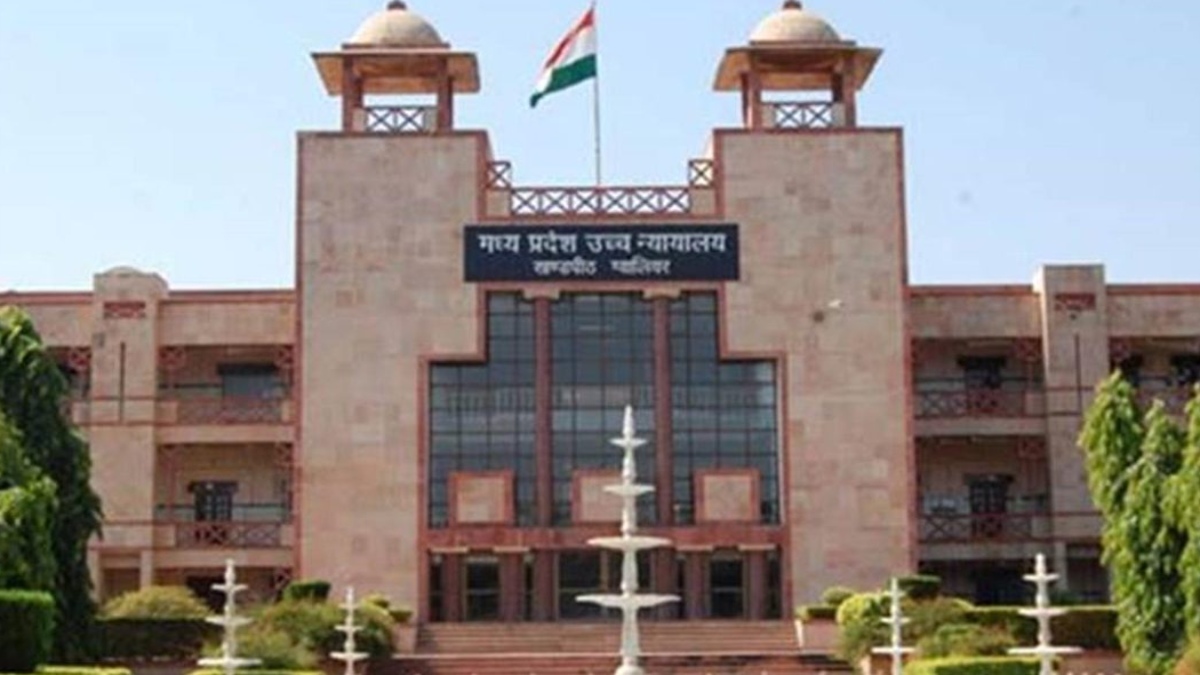

 Opinion3 years ago
Opinion3 years ago
 Entertainment8 years ago
Entertainment8 years ago
 Entertainment8 years ago
Entertainment8 years ago
 Fashion8 years ago
Fashion8 years ago
 Opinion3 years ago
Opinion3 years ago
 Politics8 years ago
Politics8 years ago
 Entertainment8 years ago
Entertainment8 years ago
 Entertainment8 years ago
Entertainment8 years ago
